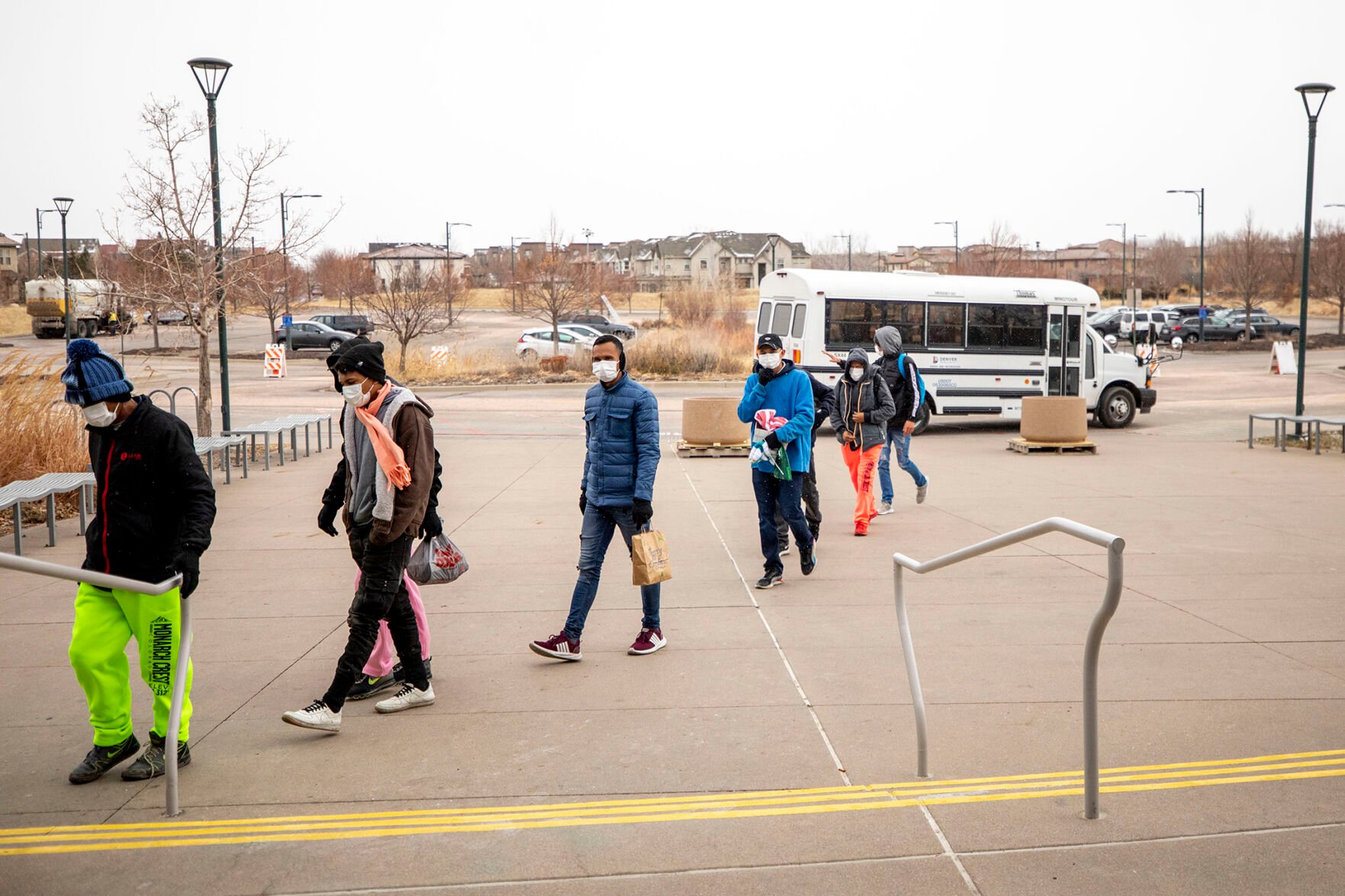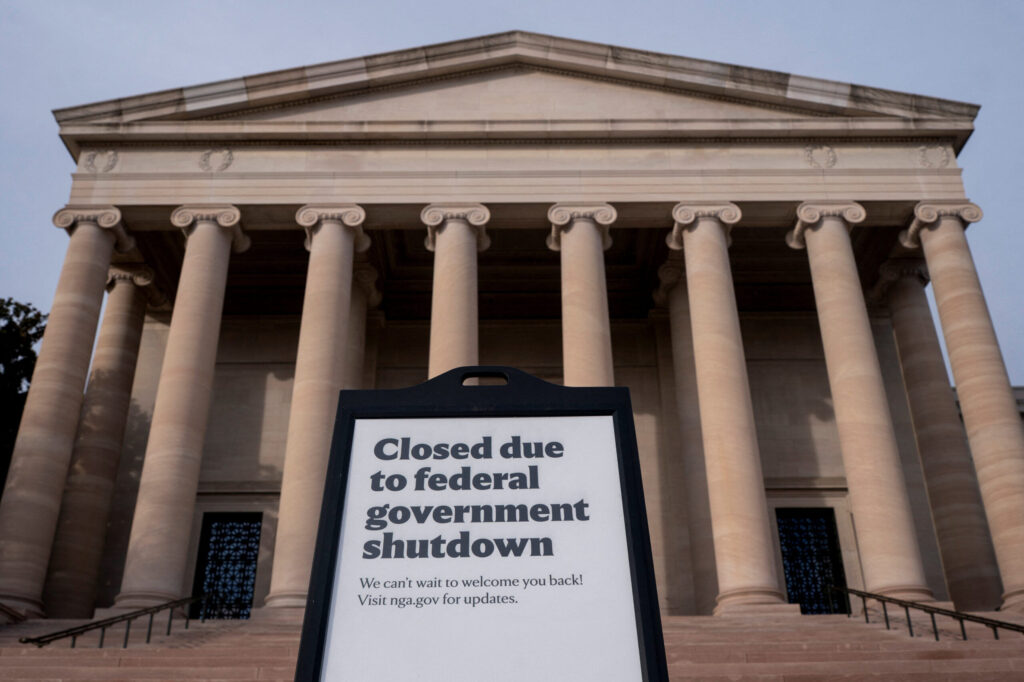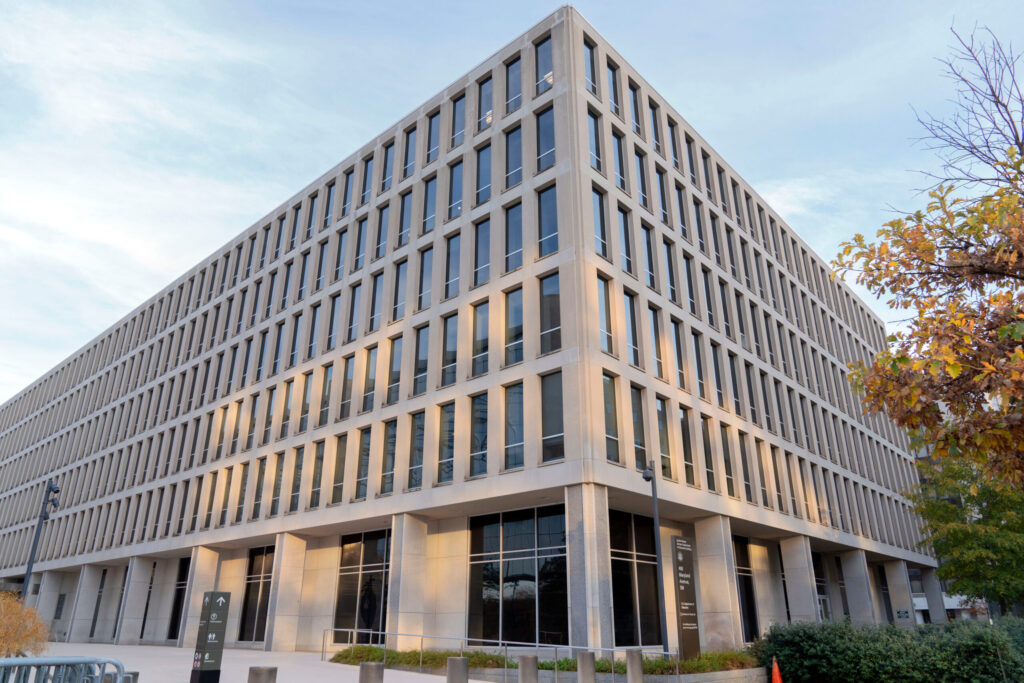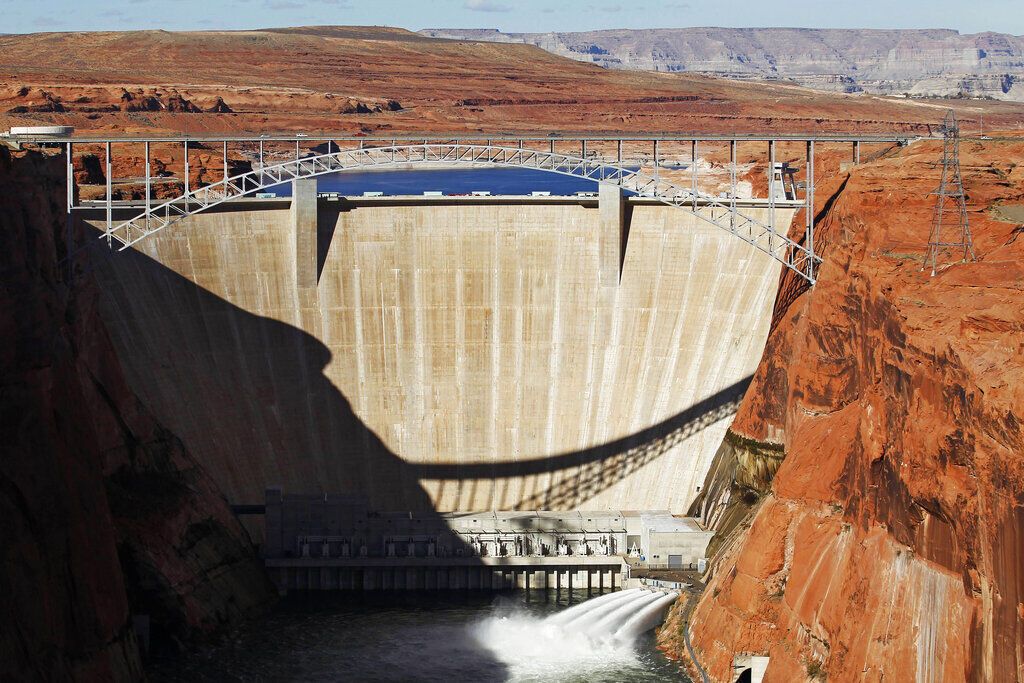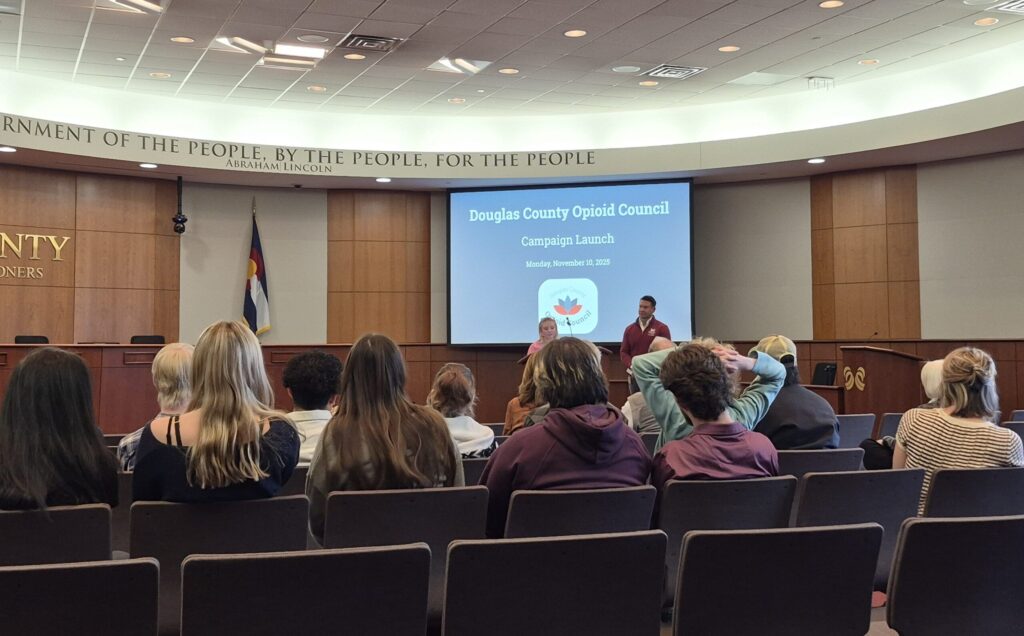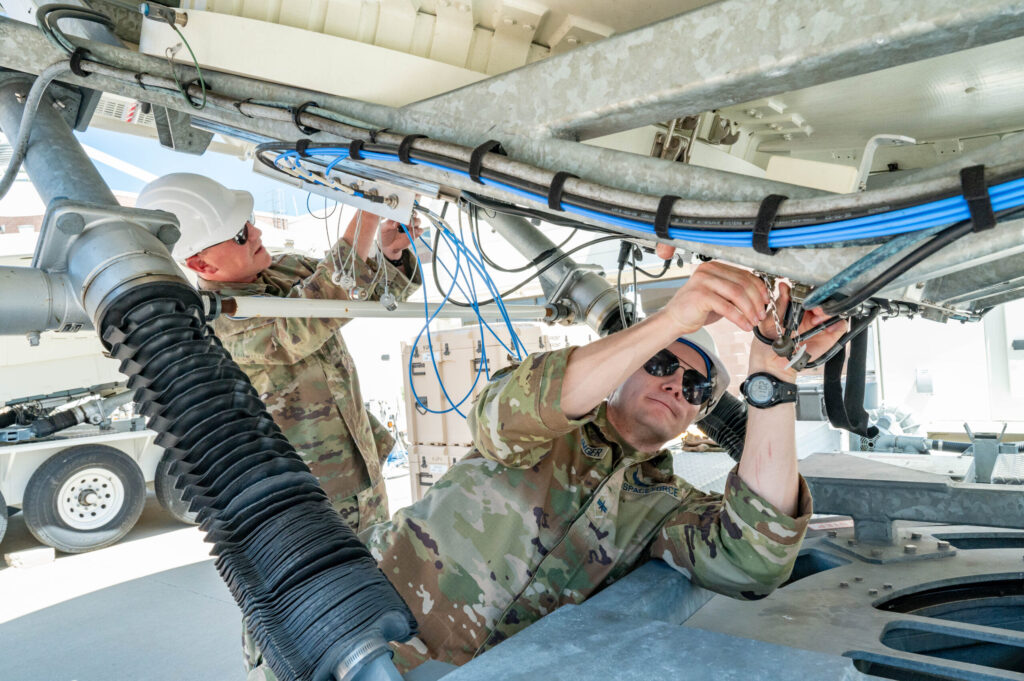Feds give Denver $8.6 million for immigrant response

The U.S. Department of Homeland Security awarded Denver $8.6 million to assist the city with the humanitarian crisis caused by the influx of immigrants from South and Central America seeking shelter in the Mile High City.
Mayor Michael B. Hancock made the announcement Monday.
For months, Denver has sought reimbursement for the expenses associated with housing, feeding and transporting immigrants fleeing their homeland.
Since December, more than 11,400 immigrants have arrived in Denver, according to city data.
The majority have stopped in Denver on their way somewhere else.
Denver City Council approves $1.8 million in meals for emergency shelters
To date, the city has spent nearly $18 million responding to the unfolding crisis.
“We’ve mounted an unprecedented response to this humanitarian crisis over the last seven months, and we look forward to continued conversations with the Biden-Harris Administration about additional assistance,” Hancock said in a press release.
The city has also received $909,000 from the federal government and $3.5 million from the State of Colorado.
Denver has been covering costs with contingency funds and agency budgets.
DHS has allocated, nationally, $363.8 million in funding for those providing temporary shelter, food, transportation and other services to arriving immigrants.
The surge nationally has been unprecedented.
This fiscal year, U.S. Customs and Border Protection has encountered 2.7 million immigrants seeking entry into the United States. This represents roughly a 40% increase compared to the previous fiscal year, federal data shows.
The predicament is emblematic of the crisis at the Mexico border, which has spilled over into America’s interior and to cities like Denver that are hundreds of miles from the international border.
Last month alone, city officials received nearly 3,900 immigrants.
Migrants have always favored the southern border with Mexico, although the ports of entry – whether California, Arizona or Texas – have fluctuated for decades. Denver has not traditionally been a gateway city for immigrants like New York, Chicago or Los Angeles.
The city is more than 600 miles from the closest international border in El Paso. But Denver’s reputation as a “sanctuary city,” the existing immigrant population and the major east-west interstate corridor that connects the city to the east coast have been cited as reasons for the Colorado surge.
